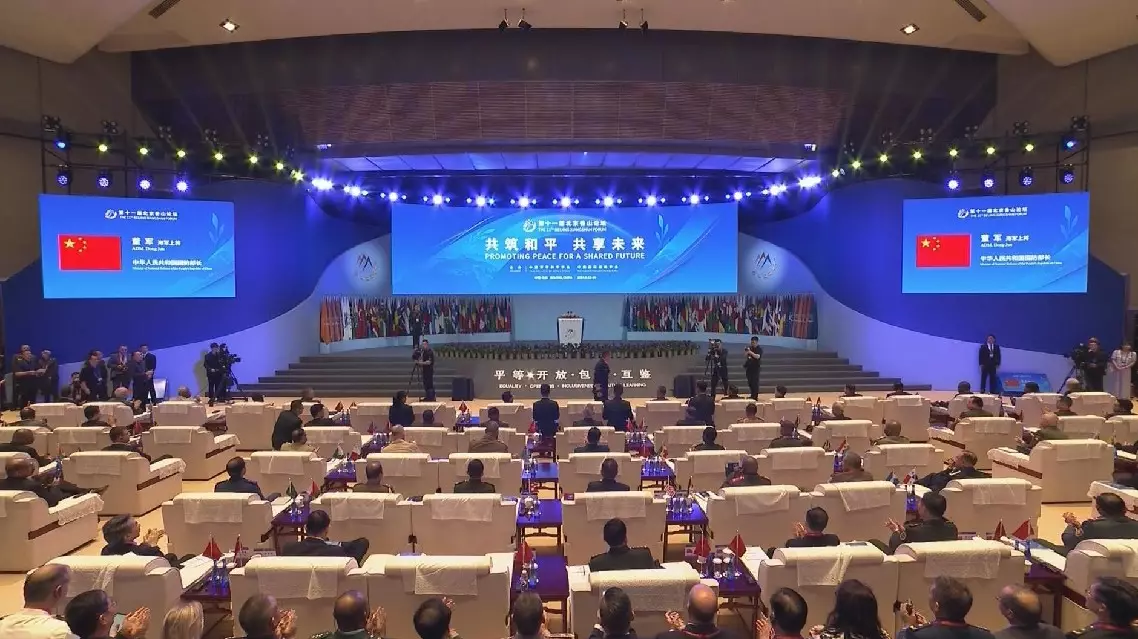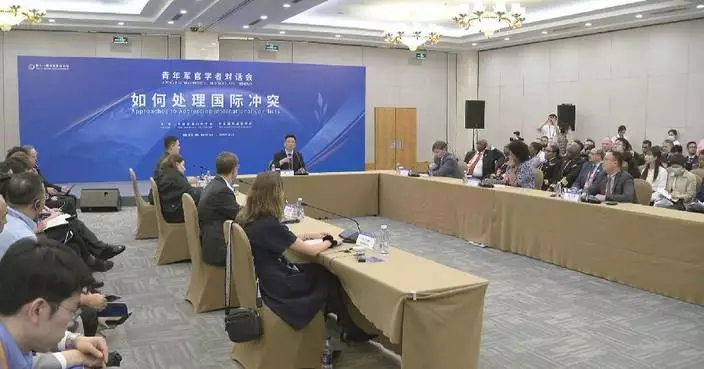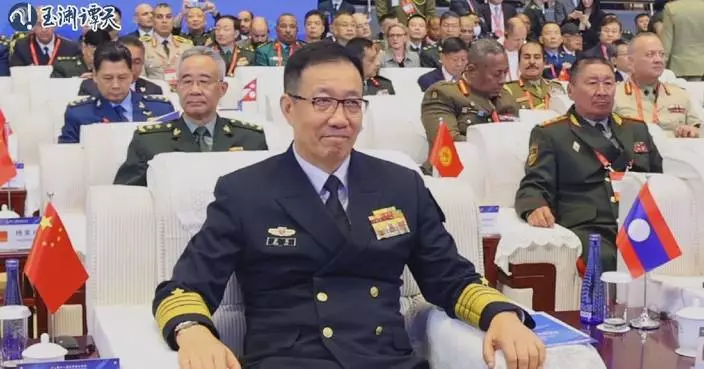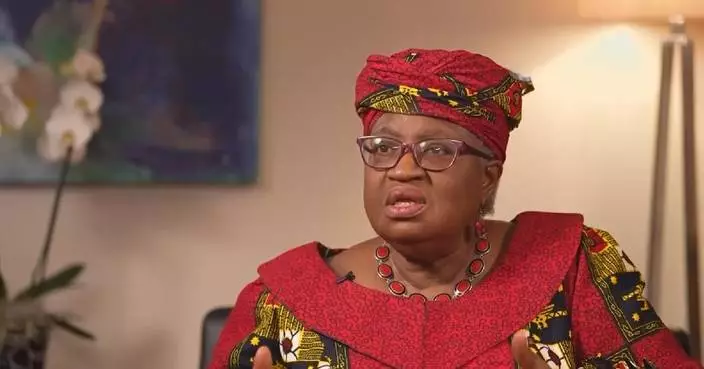After over two decades of dedicated conservation efforts, China has become one of the few countries in the world where mangrove forests are actually expanding.
Adapted to living in salt and brackish water, mangroves are found along coasts and estuaries in 123 countries in the tropics and subtropics, according to the United Nations Environment Program. Mangrove forests provide protection against storms, erosion and flooding, improve water quality, offer natural habitats to over 1,500 species, and benefit adjacent ecosystems such as coral reefs.
The conservation of mangroves is a matter of global concern. On July 26, 2023, the International Day for the Conservation of the Mangrove Ecosystem, the United Nations Food and Agriculture Organization reported that over 20 percent of mangroves were estimated to have been lost globally over the past 40 years mainly due to both human activities and natural retraction.
China has also prioritized addressing the issue of mangrove loss. From 1950 to 2000, China lost over half of its mangrove forests due to land reclamation, shrimp and rice farming, industrial expansion, and other factors. To reverse this declining trend, the government has taken various measures.
In 2000, a nature reserve in Fangchenggang City of south China's Guangxi Zhuang Autonomous Region was upgraded to a national-level reserve, becoming a classic model for mangrove protection.
The Guangxi Beilun Estuary National Nature Reserve is located on the westernmost end of China's southern coast. The Beilun River, which runs between China and Vietnam, flows into the South China Sea here. This creates a unique mix of freshwater and seawater, where many special groups of trees can survive and thrive.
The nature reserve now covers over 3,000 hectares of land and is home to 18 species of mangrove plants, 155 species of large benthic animals, about 60 species of fish, and more than 300 species of birds.
In fact, conservation efforts in Fangchenggang began as early as 1983, when these forests were designated as a protected area by the local county. The upgrade to a national-level reserve in 2000 meant more funding for ecological restoration.
Experts say a series of environmental laws and regulations have played a crucial role in restoring mangrove forests. In 2022, China's first-ever Wetland Protection Law came into effect, offering unprecedented legal shields for mangroves.
"The stronger the legal framework, the more solid our law enforcement foundation becomes, and the greater the deterrent effect," explained Tang Qiao, head of the publicity and education department of the Guangxi Beilun Estuary National Nature Reserve.
The publicity department has been collaborating with local communities to raise awareness about the importance of mangrove conservation, and working with research institutes to study better management practices and explore income-generating methods, such as incorporating aquaculture without damaging the environment - though a lack of relevant expertise remains a major challenge.
Guided by the principle of "lucid waters and lush mountains are invaluable assets" proposed by President Xi Jinping, China has been steadily ramping up efforts to protect and restore its mangrove forests.
The data speaks for itself: China's mangrove forest area now stands at about 29,200 hectares, an increase of about 7,200 hectares from the beginning of the century, making China one of the few countries where mangrove forests are actually expanding.
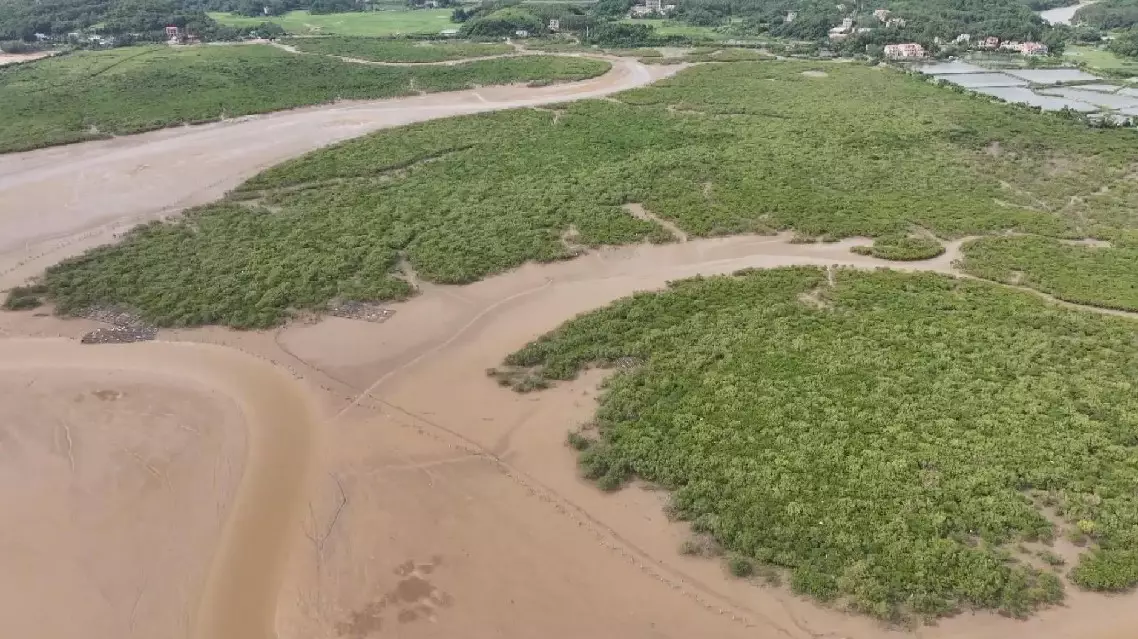
Mangrove forests come back in China


